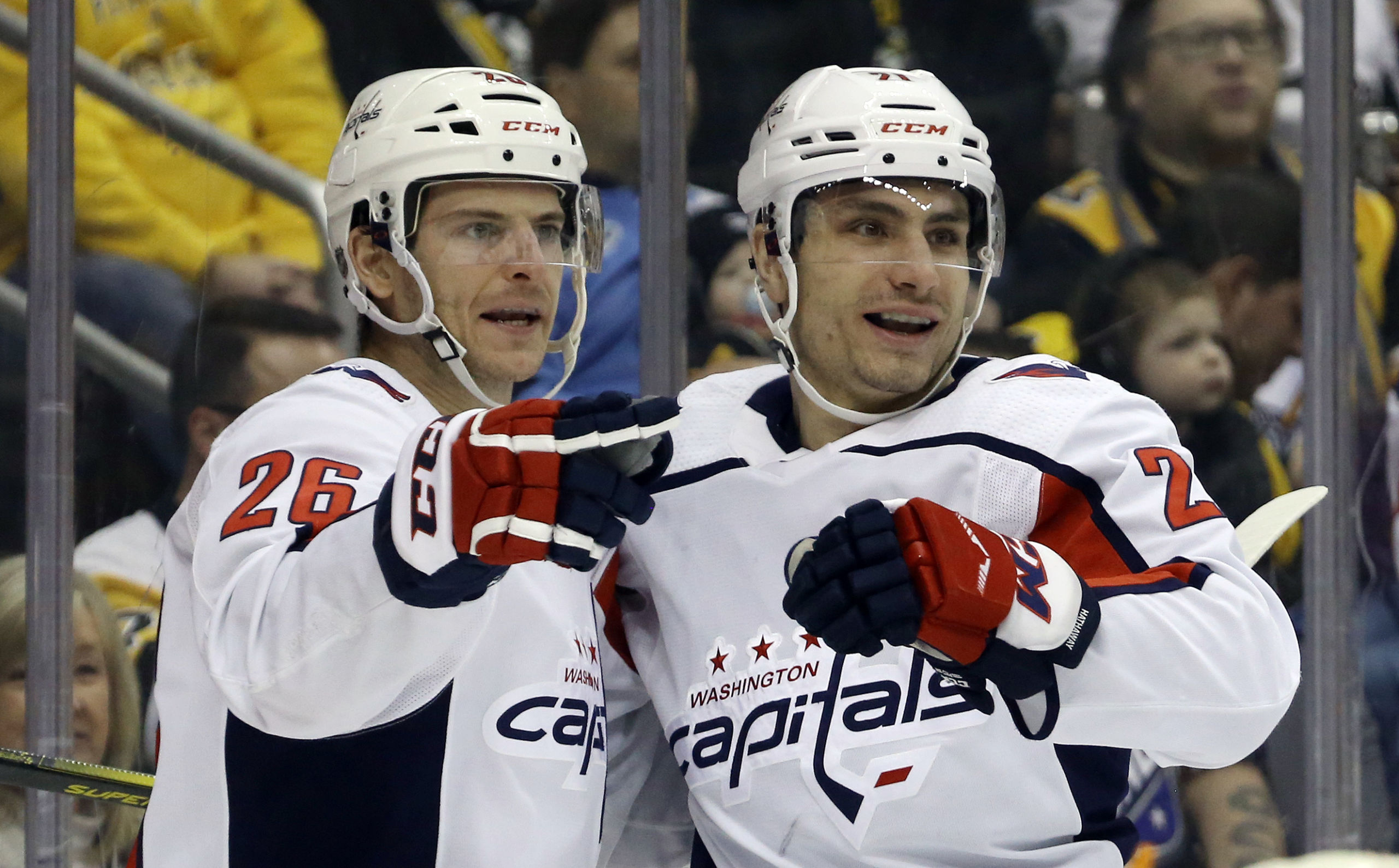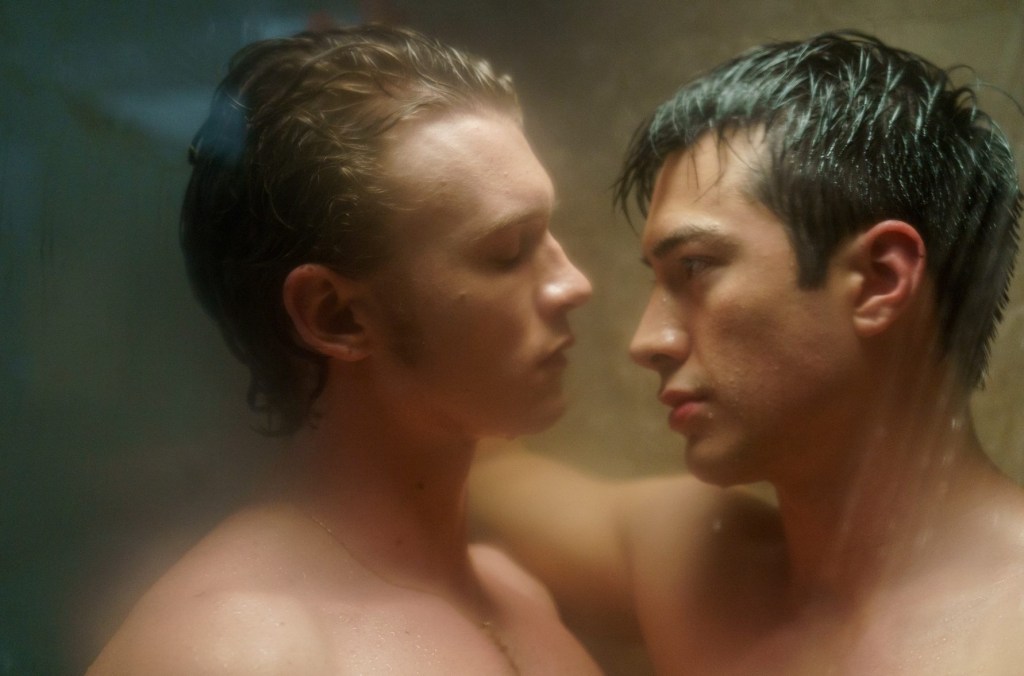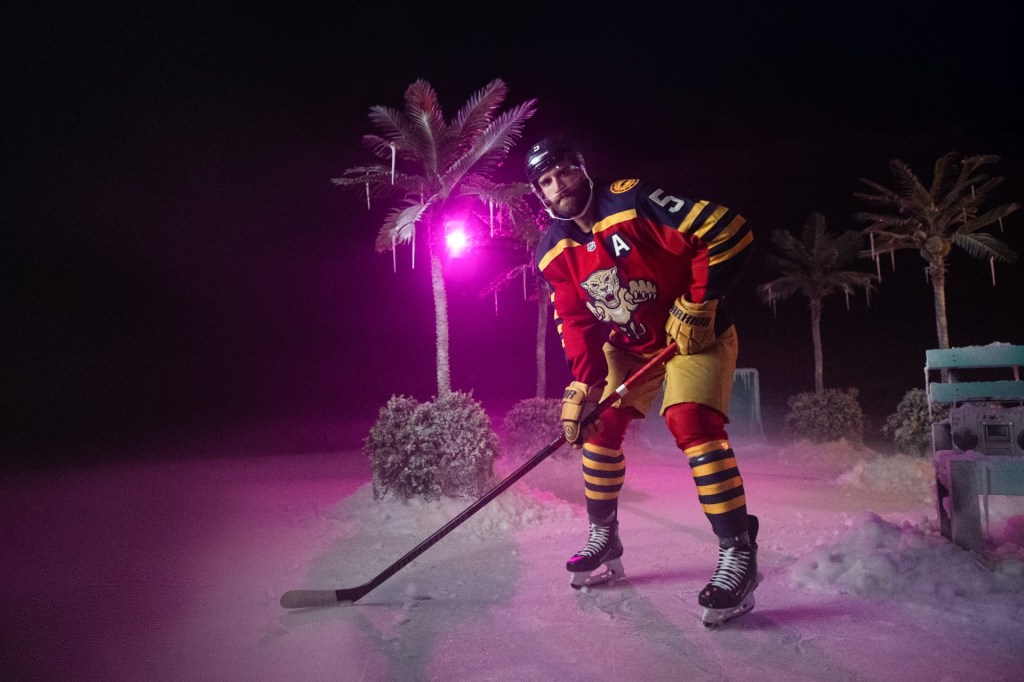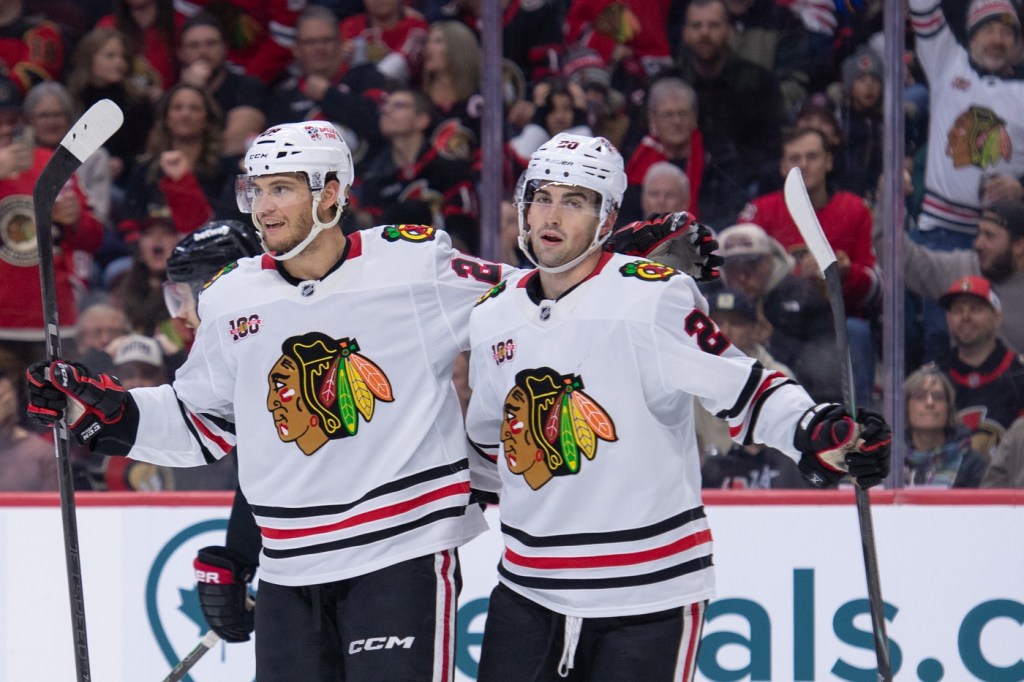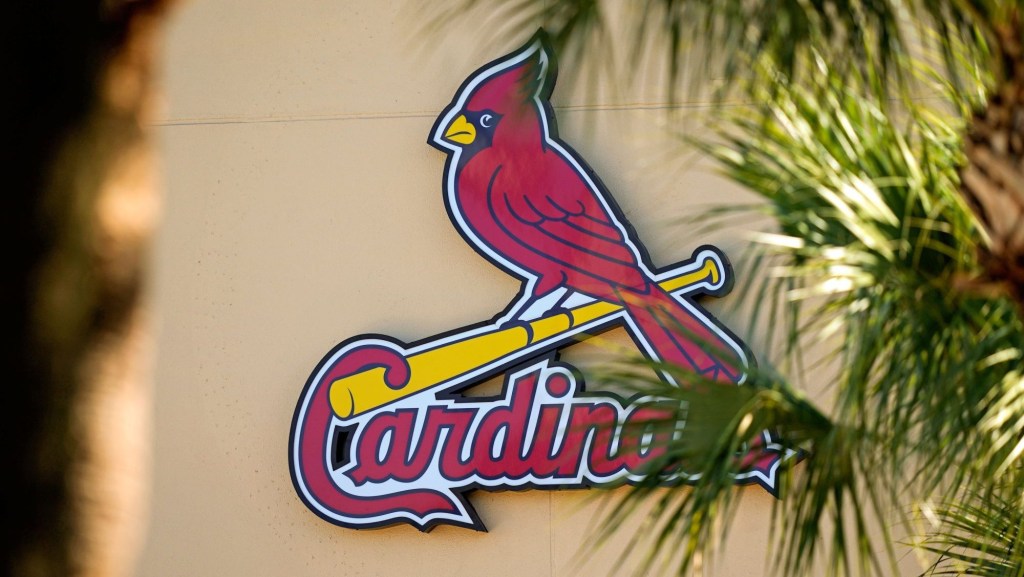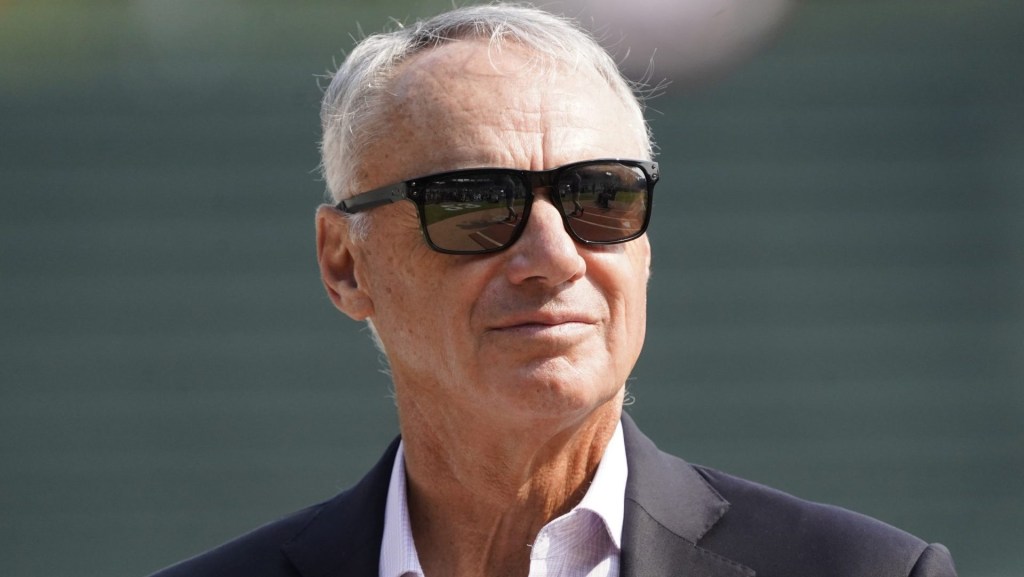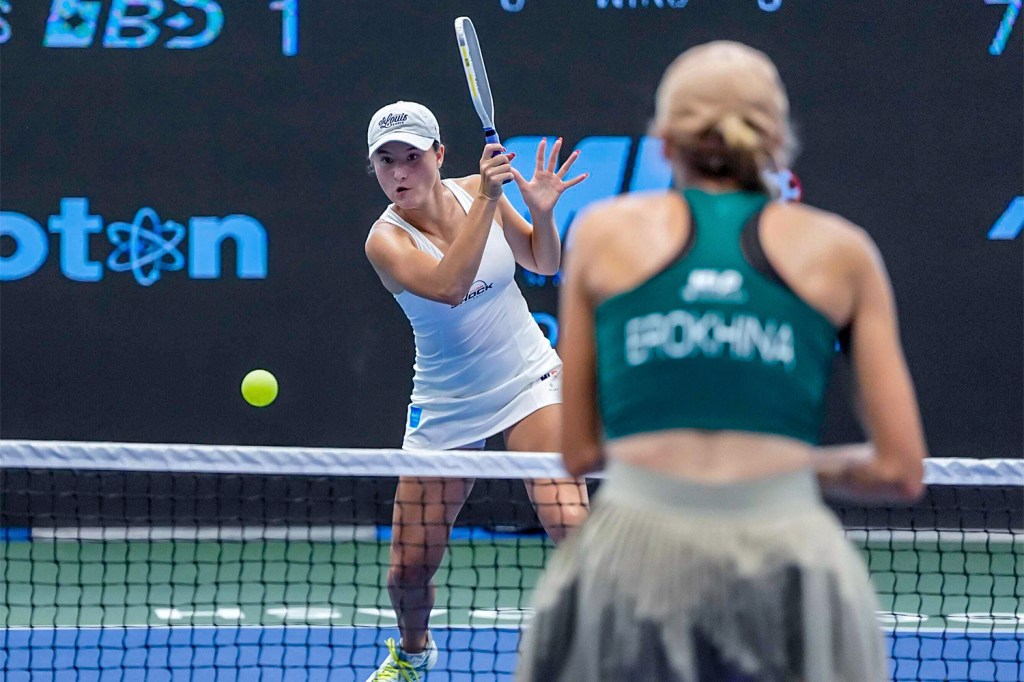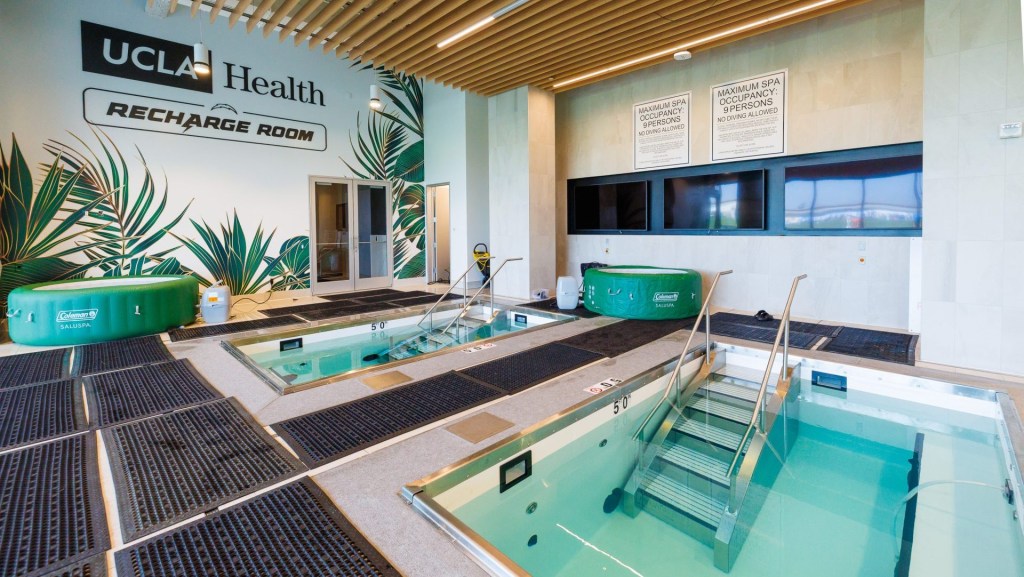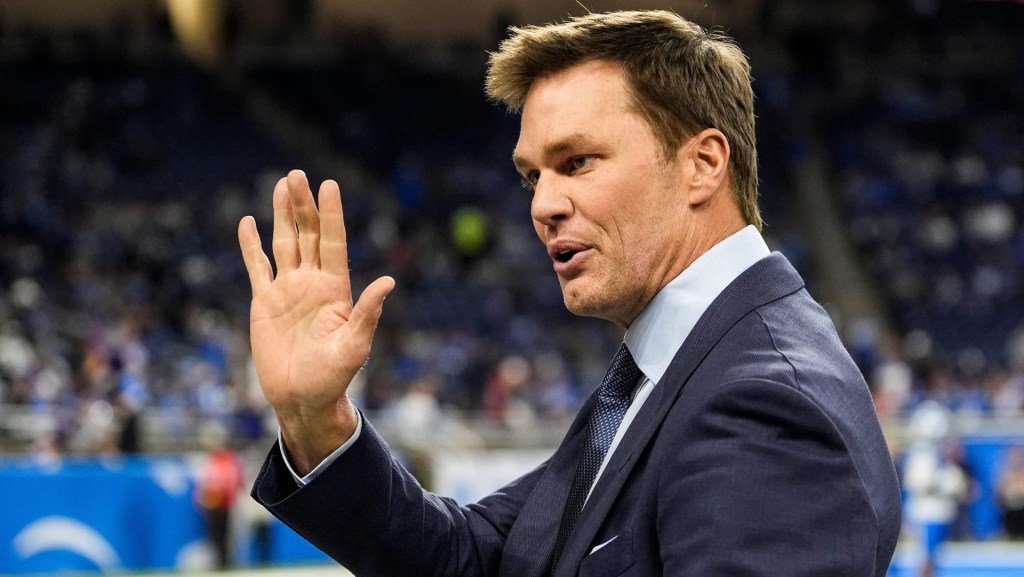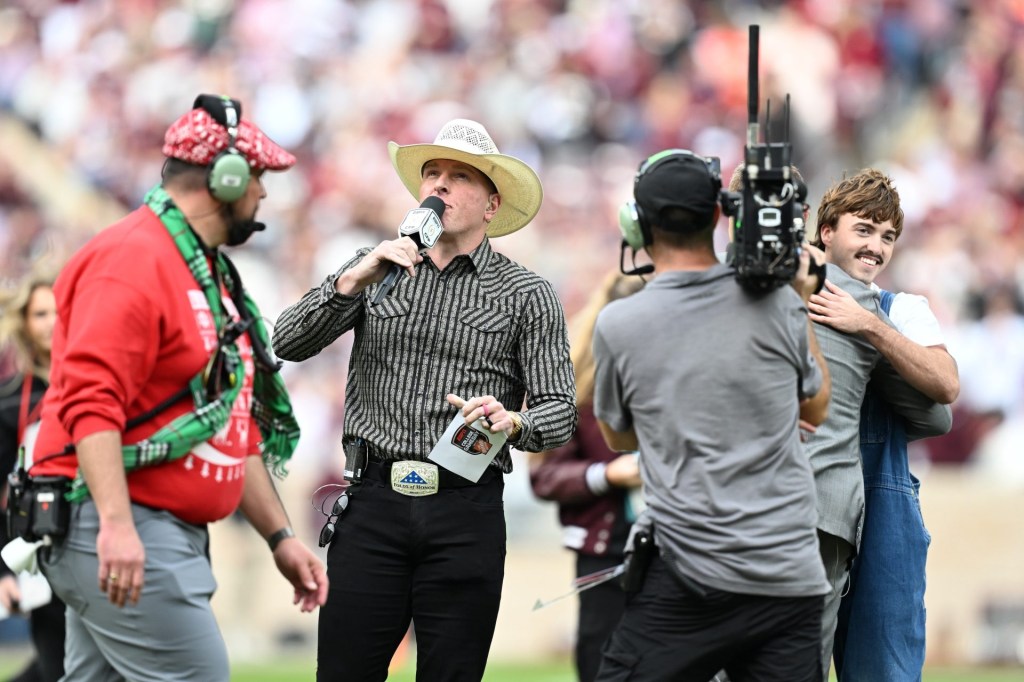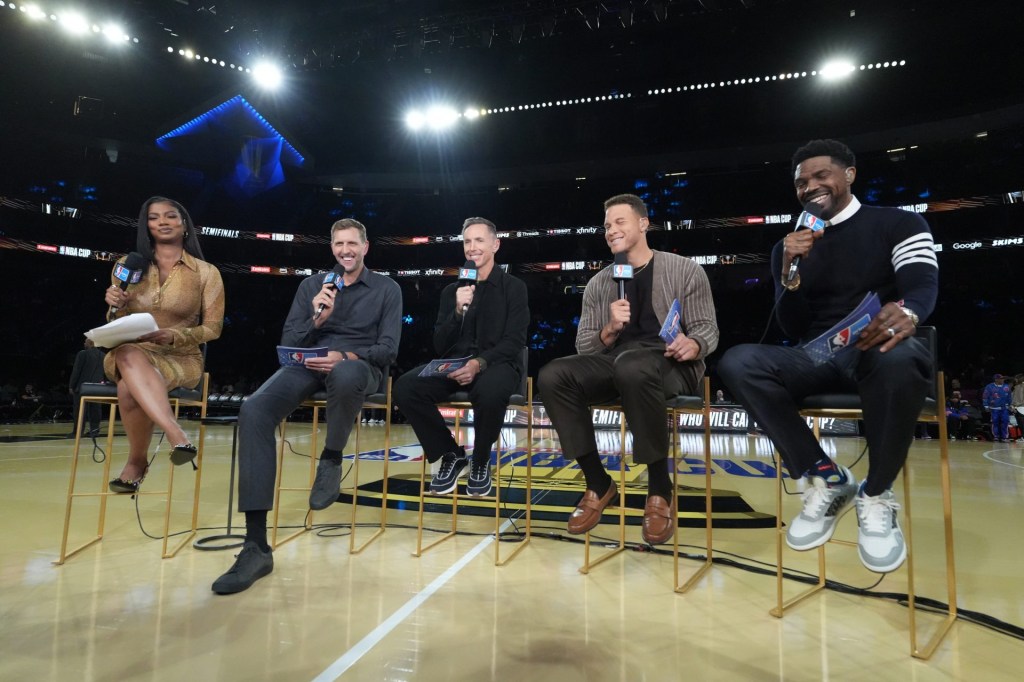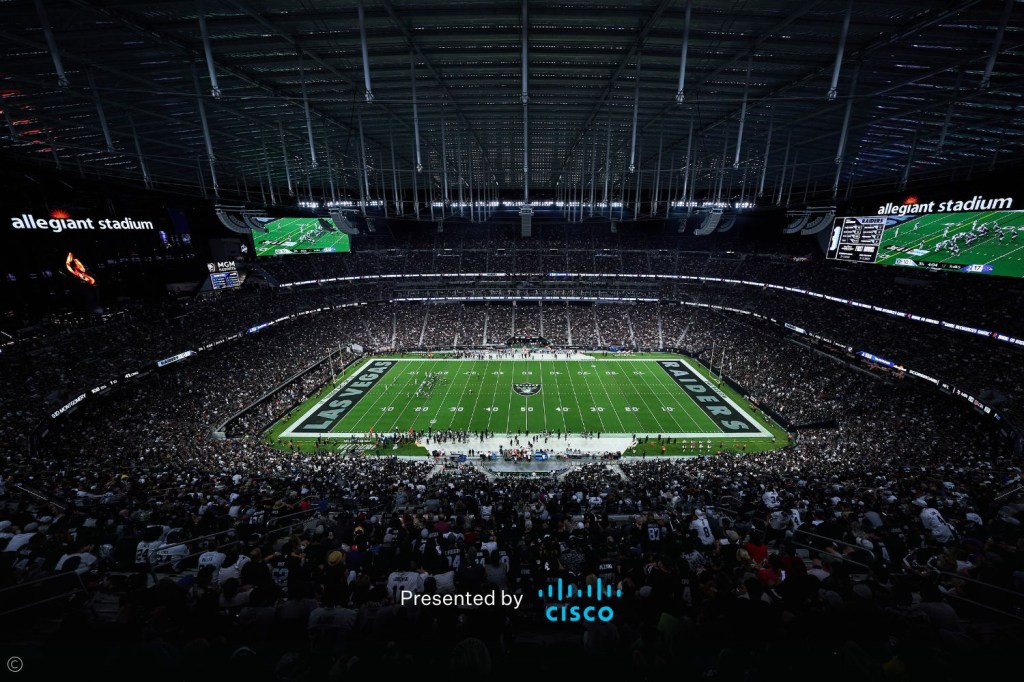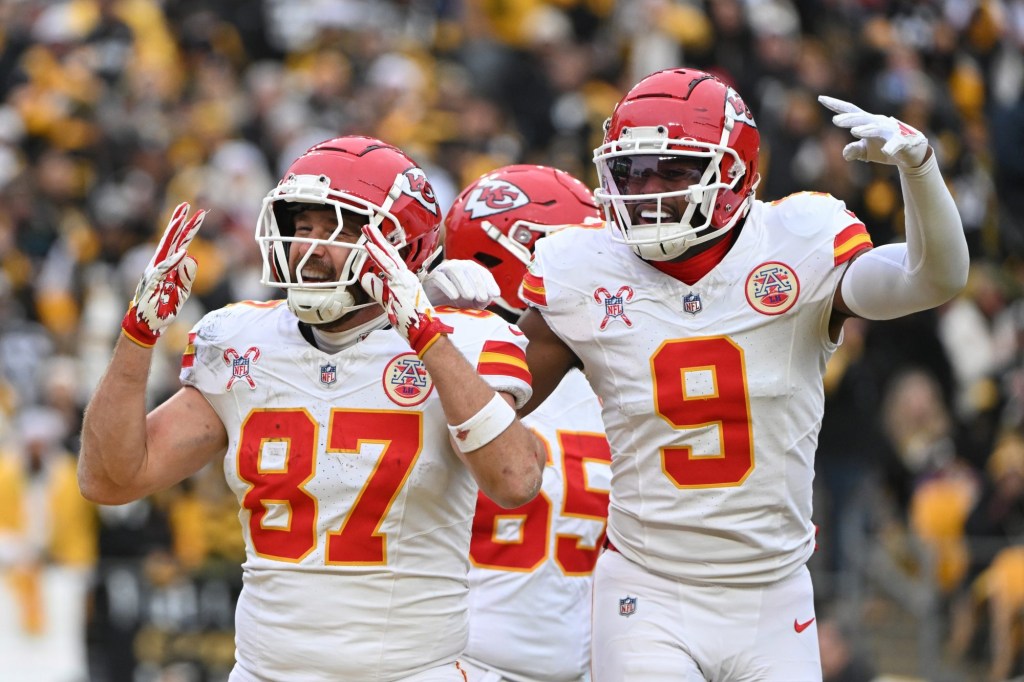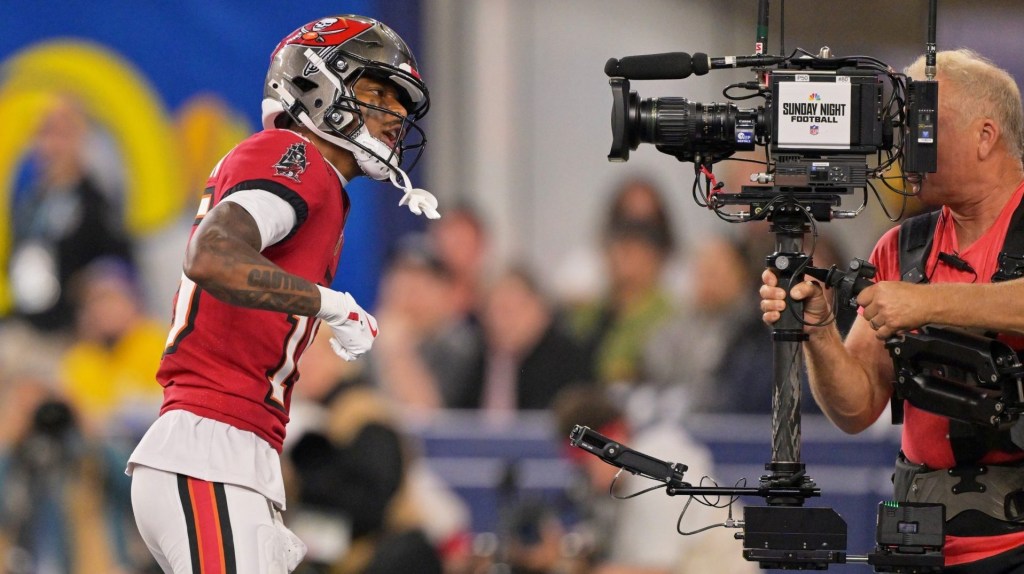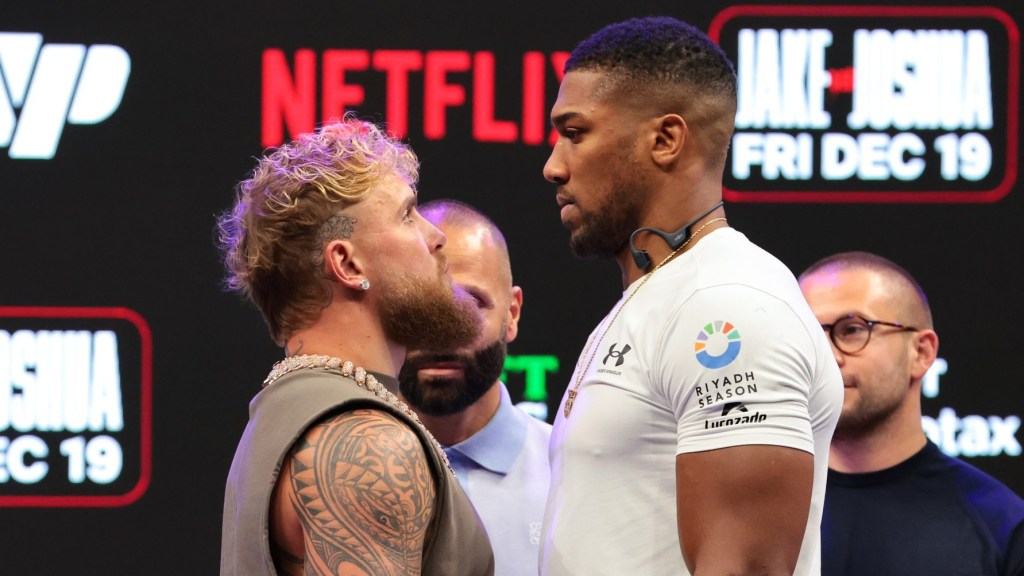The Washington Capitals are always looking to find new ways to reach their fans. With the NHL still on hold, the team is continuing to push into podcasts.
While the Capitals have worked to diversify the ways the team was reaching fans in recent years, podcasts were a back-burner item, according to Zach Guerette, the Capitals’ manager of digital media. That started to change with the launch of Between Two Blue Lines, a Capitals podcast led by players Nic Dowd and Garnet Hathaway. It is the only player-hosted podcast in the NHL.
“We try to attack every opportunity to try to reach our fans, whether that be video content, written content – and until this season, we hadn’t really stepped foot into the podcast realm,” Guerette said. “That was kind of an untapped resource for us, so when Nic and Garnet approached us with the idea, we loved it, and we decided to try to run with it.”
Dowd and Hathaway are two of the newer members of the Capitals’ organization: Dowd initially signed with the club in July 2018, and Hathaway followed suit one year later.
Over time, they built a rapport with one another and sought unique ways to bond with Capitals fans. Last summer, Hathaway guest-starred on the Barkology Podcast, a dog-focused show that stuck with him long after the occasion.
“I had a lot of fun with it,” Hathaway said. “Nic and I started talking, and it seemed like we had a good relationship. Once we found out that there was an opportunity to start a podcast, we realized that – first off, it would be a great way to get the fans some insight into what is inside the locker room. And, a little selfishly, we had a lot of fun with it just bantering back and forth.”
READ MORE: Neil Reynolds Using His Podcast To Grow ‘American Football’ In the U.K.
After meetings between Dowd, Hathaway, and the Capitals, the trio eventually broke ground on Between Two Blue Lines last October. Since its debut, Guerette has sought to avoid being derivative of other hockey podcasts. As the NHL’s only player-specific podcast, attention is focused more towards the personal lives of Dowd and Hathaway, rather than their professional jobs.
Dowd uses Between Two Blue Lines as an opportunity to talk more about fatherhood. He welcomed a son shortly before the show’s premiere, and he and Hathaway often discuss the difficulties of balancing hockey and family.
Guerette also likes the player-driven podcast because it invites more interaction with other Caps players. One of his favorite episodes features Capitals defenseman Radko Gudas. Gudas signed with Washington in June 2019 and was interviewed by both Dowd and Hathaway about joining the team, offering fans an inside look into his personality outside the rink.
“The other strong points of the podcast are these inside jokes that Nic and Garnet bring to the show every day,” Guerette said. “Whether it’s the nickname of a fellow player that a fan has never heard of before, or talking about their Secret Santa gifts or Halloween parties, it’s things that hockey analysts aren’t going to know anything about. We honestly talk about the on-ice part of the game very minimally – we try to focus solely on personality and lifestyle content.”
Dowd sees Between Two Blue Lines as offering listeners a different experience for them outside of hockey talk.
“We try and stay away from hockey as much as we can,” he said. “We want to bring the fans a little bit of awareness in our daily lives. It’s a close-knit community of hockey players, and it gives the fans a sneak peek into what we do and our families. We know all this stuff about what’s going on on the road and the more intimate sides of the game.”
Even with no word on when the NHL will be returning, production of Between Two Blue Lines has continued. Both Dowd and Hathaway are using Zoom to record the show from their homes. The duo has since released two additional episodes of the podcast to bring the total number of episodes to 10.
Those 10 have drawn nearly 35,300 listens. Between Two Blue Lines has attracted more than 1,250 Spotify followers, 1,330 iTunes subscribers, and 160 Soundcloud followers.
The show has also helped attract attention to its presenting partner, Power Up, a Washington D.C.-based snacks brand that specializes in trail mix, nuts, and spices, among others. After establishing relationships with retailers like Giant Foods and Wawa, Dennis Peters, director of marketing at Power Up’s parent company Gourmet Nuts, saw an opportunity to collaborate with the Capitals for programming purposes.
Not living in the D.C. area himself, Peters admits that he rolled the dice by making Power Up the presenting partner for Between Two Blues Lines. While he was not sure what the outcome would be, he views Dowd and Hathaway’s chemistry as helping bolster Power Up’s relationship with the Capitals.
“It’s so much more genuine than reading a scripted copy of what we told you to say, and that’s kinda the beauty of podcasts, right?” Peters said. “It can flow pretty naturally, and these guys have that kind of personality where they delivered it really genuinely, and you can tell they actually loved the product, which is just worth a million dollars.”
READ MORE: Utah Jazz Turn To Players For Podcast Content
Any team could make a podcast, Steve Mayer, the NHL’s chief content officer, said. The biggest factor in determining success, he says, is a club’s organization behind the effort.
Mayer praised the Capitals’ willingness to seemingly let Dowd and Hathaway have full creative control over Between Two Blue Lines. While their teammates might give them a tough time for their podcast interests, both Dowd and Hathaway are grateful for their team allowing them to call the shots.
In its short time of existence, Mayer said that other NHL teams are paying attention to what the Capitals are doing with Between Two Blue Lines, and believes that they will serve as inspiration for others to follow suit.
“The Capitals are always looking at what’s next,” he said. “Whether it’s content, whether it’s innovation, they’re amazing in that respect, and also groundbreaking. Sometimes it just takes one to then [create a] domino effect around the league. Without great knowledge, I would expect that other teams are taking notice of what Washington has done, and I think they will be soon to follow with going to their players to do this.”
